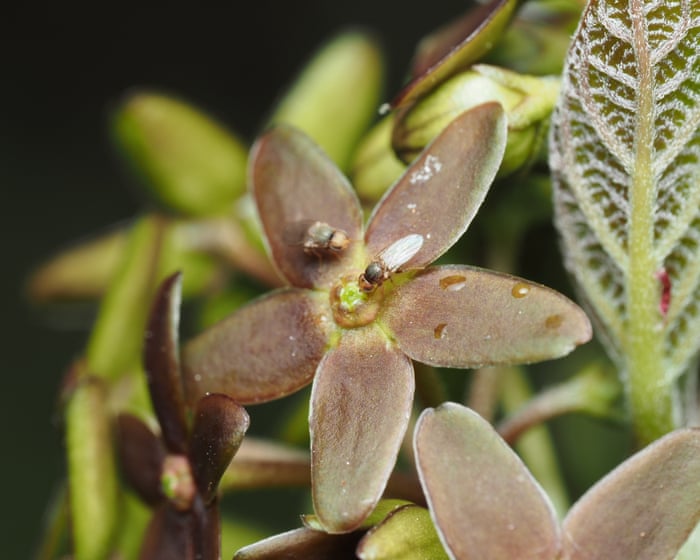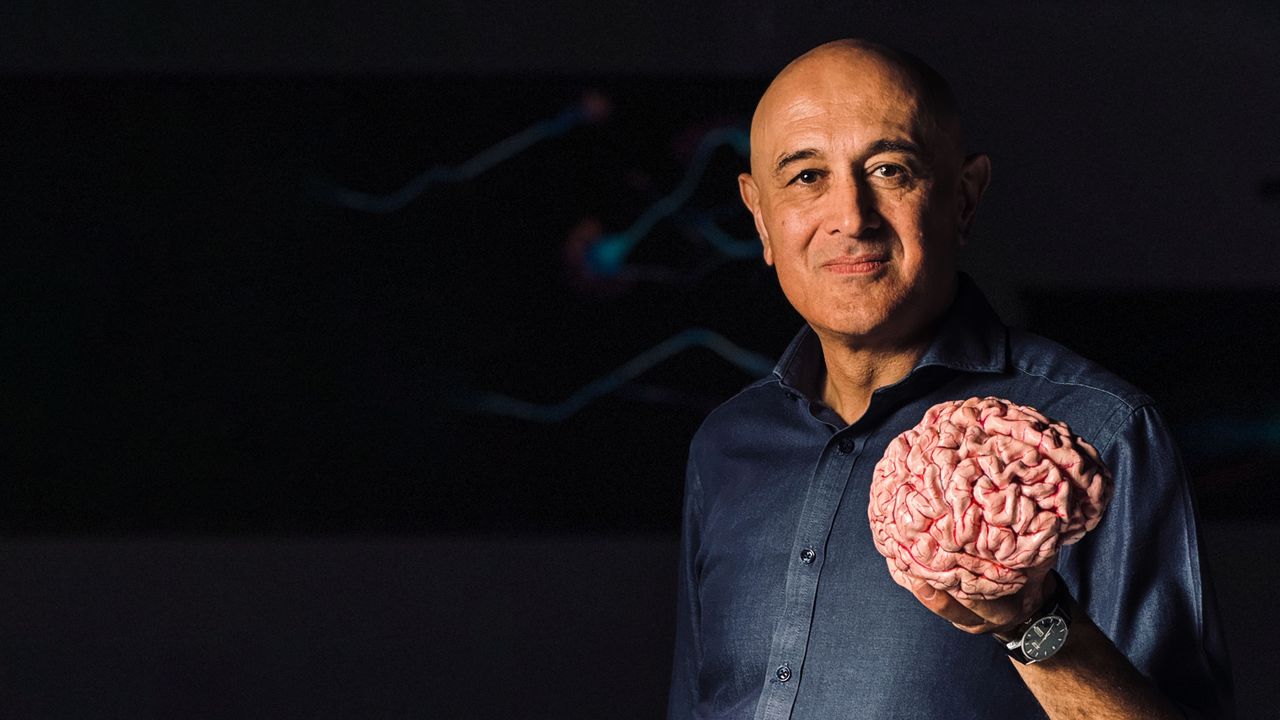Philanthropies Strike a Promising Deal to Turn Back H.I.V.
PositiveScience

Philanthropic organizations have reached a significant agreement aimed at combating H.I.V., which is a major step forward in public health. This deal not only promises to enhance research and treatment options but also highlights the importance of collaboration in addressing global health challenges. By pooling resources and expertise, these philanthropies are setting a precedent for how collective efforts can lead to meaningful advancements in healthcare.
— Curated by the World Pulse Now AI Editorial System







